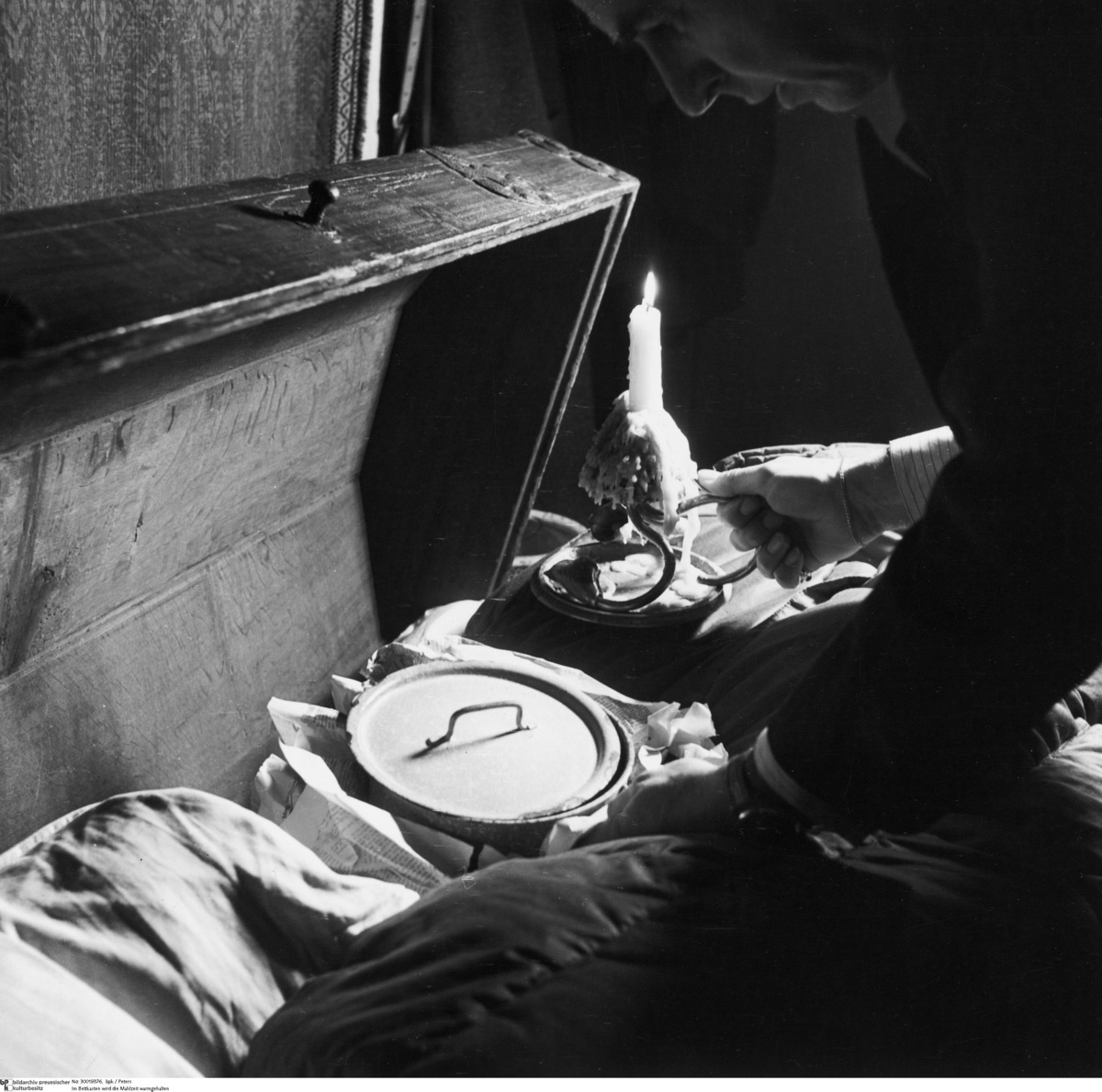Abstract
During the night of June 23, 1948, the Soviets shut down the
Golpa-Zschornewitz power plant (about 140 km southwest of Berlin), which
supplied Berlin with electricity. Other power plants under Soviet
control delivered little or no electricity either. The Soviet blockade
of access routes to West Berlin began on June 24, 1948, making it
difficult to bring in coal. As a result, neither the power plants in the
Western sector of Berlin nor the city’s population could be adequately
supplied with coal. Despite the considerable achievements of the Allied
airlift, the blockade resulted in drastic restrictions for West
Berliners: it was almost impossible to heat buildings during the winter,
and electrical power was available to private households only from 4
p.m. to 6 p.m. in the afternoon and from 3 a.m. to 5 a.m in the morning.
Meals were briefly heated on the stove and then carefully packed into an
insulated chest, where they were cooked.
